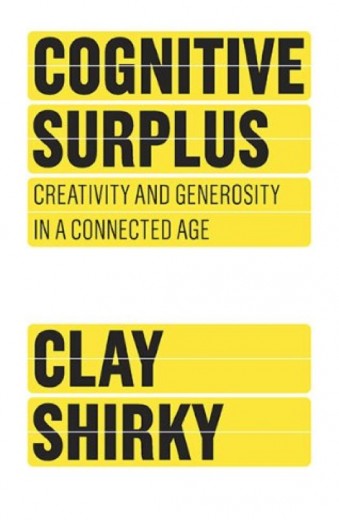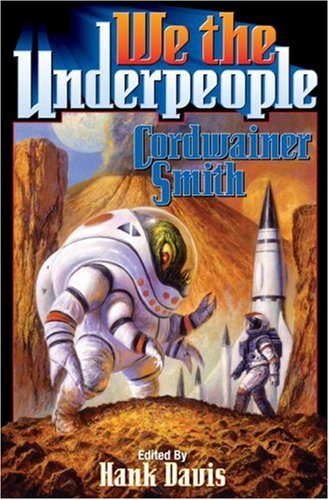
Out here in one of the American satellite cultures, the events that took place in the United States in the half-century between the 1930’s and the 1970’s are at least as much our history as those that actually took place in our own country. Some Norwegians feel ambivalent about this, but it would be hard to deny it.
William Manchester’s The Glory and the Dream covers this period in American history. Published in 1975, it’s a subjective history, full of opinions – and the occasional historical myth. The book not only observes this period, but is a product of it. It’s a point of view. I find that kind of historical writing really refreshing. Later historians get more of the facts right, but there’s no substitute for the voices of the people who lived through it all. Manchester falls somewhere between these roles. This is not his personal story, but it is his personal history.
This is a massive book, 1400 pages, which is why I read it as a high-speed audiobook. “Slow readers” do so at their peril. (I guess there’s also a case to be made here for ebooks.)
But I’m not sure what could have been left out. Manchester zooms in and out, from broad strokes to detailed accounts of interesting events. He covers all the important events you can remember, putting them in perspective, which is what this sort of history is for.
And let me also remind you again of Rick Perlstein’s Nixonland, which covers some of the same period.




